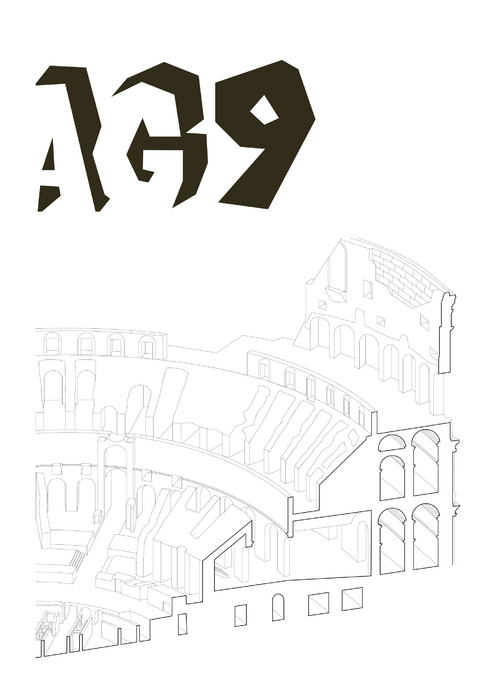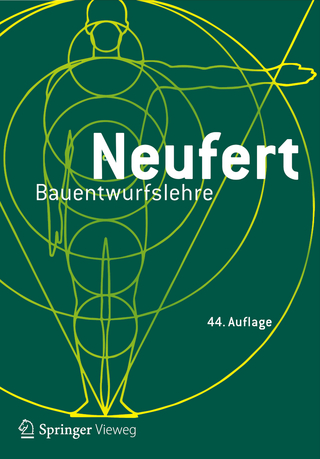
AG 9 Plants of the Colosseum
Seiten
2025
Adocs (Verlag)
978-3-943253-65-8 (ISBN)
Adocs (Verlag)
978-3-943253-65-8 (ISBN)
- Noch nicht erschienen (ca. April 2025)
- Versandkostenfrei innerhalb Deutschlands
- Auch auf Rechnung
- Verfügbarkeit in der Filiale vor Ort prüfen
- Artikel merken
The beginnings of the description and recording of a specifically urban flora are generally located in the second half of the 19th century. Leo Hartley Grindon's "Manchester Flora" of 1859, which documents wild plants in the urban area and thus describes the city as an independent habitat in contrast to its surroundings, is considered groundbreaking in this respect.A fascinating precursor to early urban ecology can be found in the botanical studies of the Colosseum in Rome. The first flora of the Colosseum was written as early as 1643 by Domenico Panaroli, who as a physician was particularly interested in the unusual number of medicinal plants that grew on the ruins. Subsequently, the plant population of the building and its variety of microclimates - from the humid, shady hypogeum levels to the dry, exposed elevations - was recorded more and more systematically, so that today there is an exceptionally dense database on the vegetation of the Colosseum, which not only allows conclusions to be drawn about the (e.g. pastoral) use of the building or climatic changes, but also makes the interweaving of human cultural history with natural history tangible-the building is understood as an ecosystem. As plant biologist Giulia Caneva has shown in her analyses of historical records in her book Amphitheatrum Naturae (Electa, 2004), the increase in southern Mediterranean vegetation at the beginning of the Industrial Revolution is unmistakable evidence of an increasingly hotter and drier climate. The plants thus inform us about our own history and the Anthropocene era. The text is accompanied by photographs by Silvan Linden and drawings by Lukas Strasser.
| Erscheinungsdatum | 01.12.2024 |
|---|---|
| Reihe/Serie | Architektur in Gebrauch ; 9 |
| Illustrationen | Lukas Strasser |
| Mitarbeit |
Interviewte Person: Giulia Caneva |
| Verlagsort | Hamburg |
| Sprache | englisch |
| Maße | 160 x 230 mm |
| Themenwelt | Technik ► Architektur |
| Schlagworte | Anthropocene • Botanical studies • Urban Flora |
| ISBN-10 | 3-943253-65-1 / 3943253651 |
| ISBN-13 | 978-3-943253-65-8 / 9783943253658 |
| Zustand | Neuware |
| Informationen gemäß Produktsicherheitsverordnung (GPSR) | |
| Haben Sie eine Frage zum Produkt? |
Mehr entdecken
aus dem Bereich
aus dem Bereich
Grundlagen, Normen, Vorschriften
Buch | Hardcover (2024)
Springer Vieweg (Verlag)
134,99 €
Vom Rohmaterial zum Bauwerk. Ein Handbuch
Buch | Softcover (2022)
Birkhäuser Verlag GmbH
68,00 €


